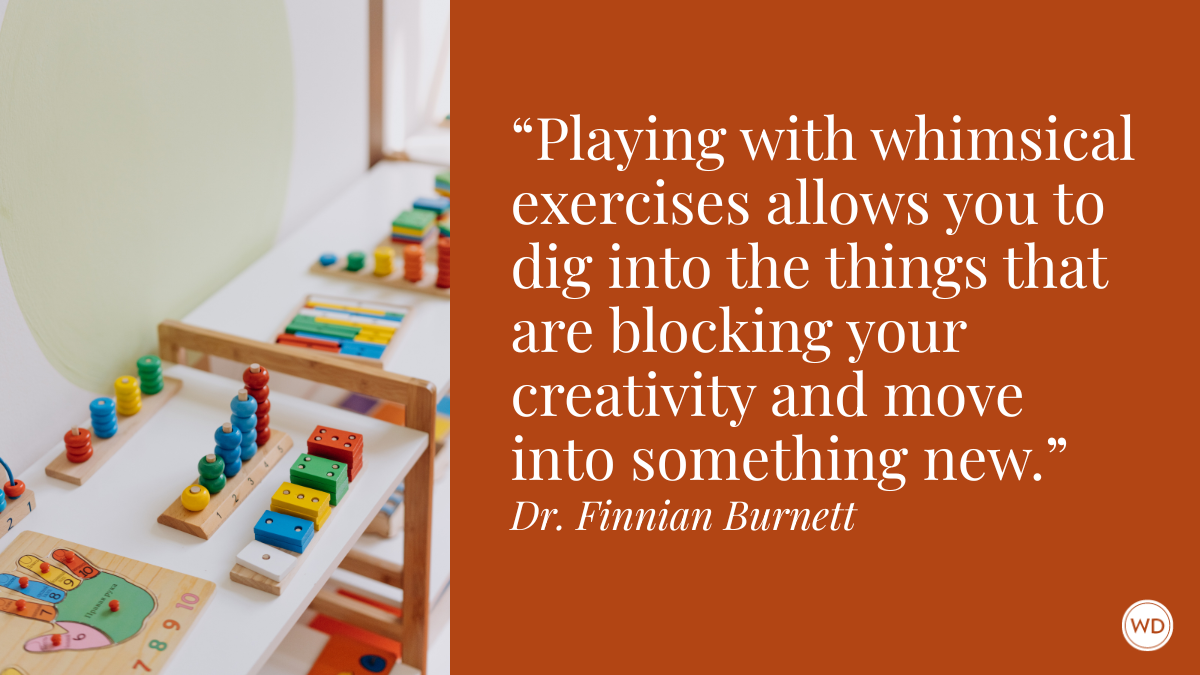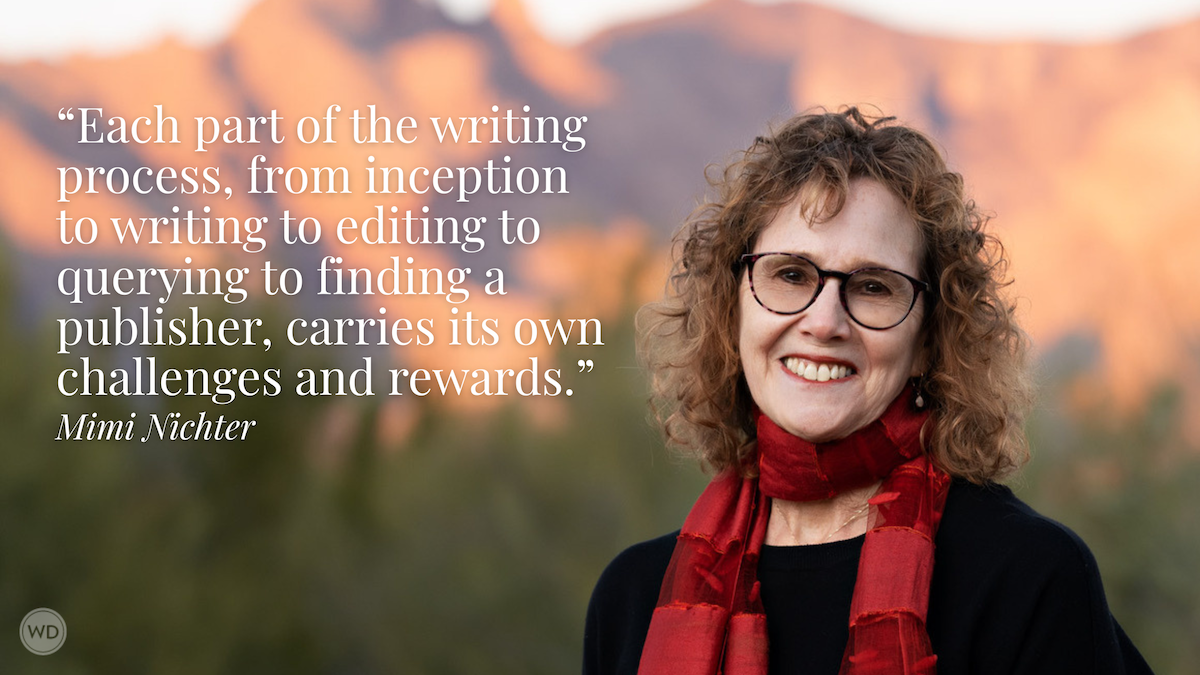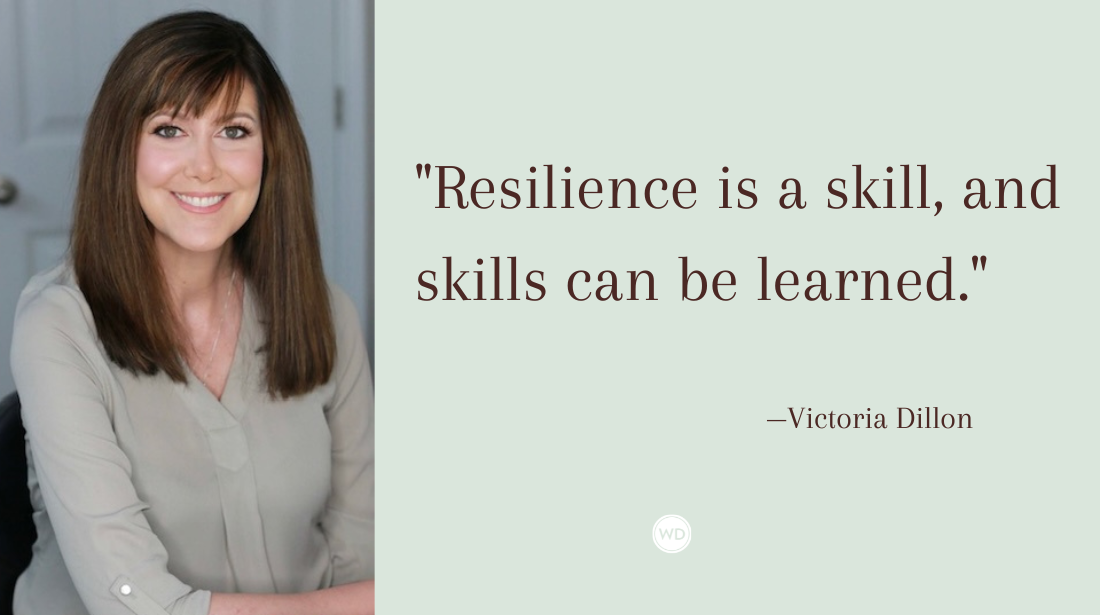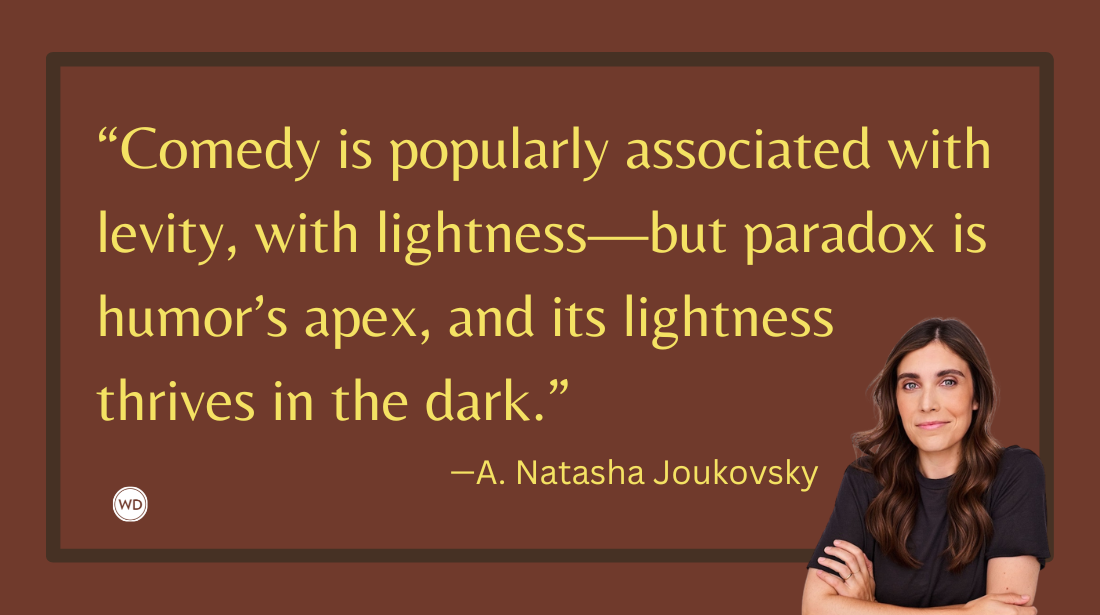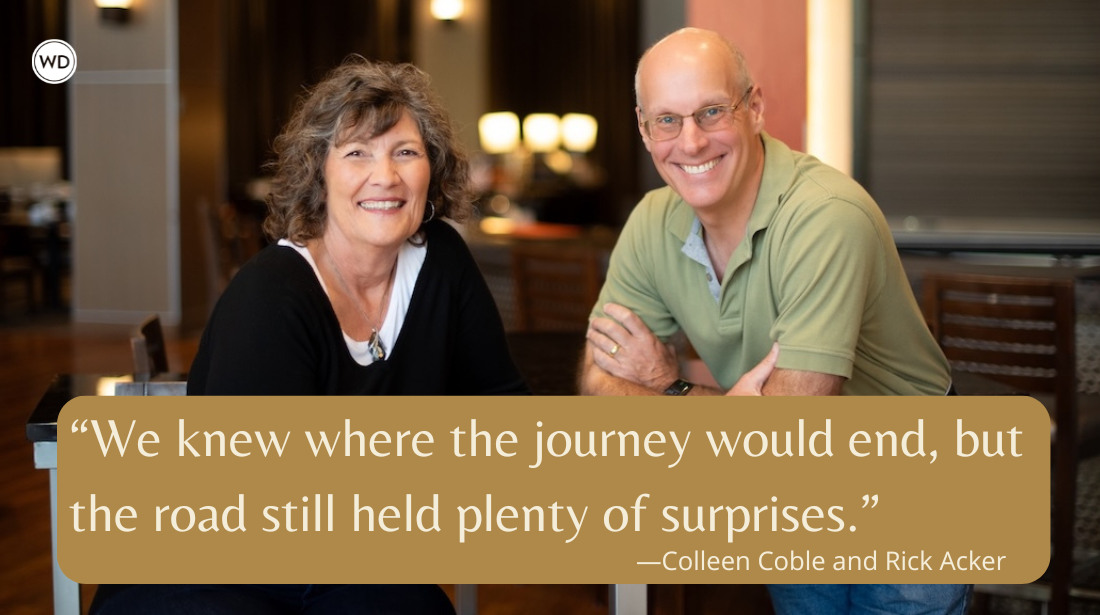A Conversation With Janelle Brown on Writing and Historical Mystery/Thrillers (Killer Writers)
Clay Stafford has a conversation with bestselling author Janelle Brown on writing a novel mostly set in the 90s.
In What Kind of Paradise, Janelle Brown maps the moral and cultural fallout of the early internet while wrapping it in thriller and mystery. She talked with me about researching the 1990s, balancing facts with invention, and building human stakes around tech. The 1990s, to many of us, don’t seem the grounds for history, but if you think about it, think back to the time of old dial-up modems and no iPhones. It makes us feel old, doesn’t it? In a lively conversation, clear-eyed and practical, Janelle’s advice works for any writer translating recent or not-so-recent history into fiction.
“Janelle, you’ve written a thriller novel set around the early internet. Tell me the moment the idea clicked. What were you doing when it came together?”
“The seed lived in me for a long time. I’d spent the 90s covering technology, stints at a magazine, at Salon.com during the dot-com boom, then drifted into freelance journalism and fiction. Watching that idealism rise and then warp over time felt like witnessing the skeleton of a story. But for a long time, I couldn’t find the right way into it. I knew the era mattered; I just didn’t know which human heart to hang it on. The spark arrived in small, conversational moments. A friend of mine, Stephanie Danler, was working on a novel set in the 90s and kept pestering me to describe what everyday life felt like then. Telling those scenes aloud, what it sounded like in a newsroom, what people believed, made me realize the internet itself could be a setting, but the book needed to be about people who were pushed and changed by it. Later, listening to a podcast about the Unabomber and thinking about the Luddite reaction framed against Wired-era evangelism, an image popped into my head: a woman raised without technology who later lands inside the tech world. That collision, people vs. ideology, intimacy vs. platforms, gave the story its emotional center. Once I had that, the book started to feel alive.”
“You set a big part of the novel in the 90s. A period setting can risk feeling dated. How did you make it feel contemporary?”
“I was conscious of that risk, so I used a structural trick: I bookended the main story with contemporary time. The heart of the novel lives in the 90s because that’s where certain ideas about progress and goodness crystallized, but the contemporary frame gives readers an immediate reason to care. It signals that what we’re reading isn’t nostalgia for its own sake; it’s a history that still shapes the present. People have called it a historical novel and, in a sense, that’s fair. But by giving readers a present-day vantage point, you allow them to draw the line from then to now. That’s what keeps it feeling relevant.”
“You lived through that moment: Wired, San Francisco, the early web. How did firsthand experience shape the novel?”
“Immensely. There’s no substitute for having been there: the rhythms, the hubris, the sloppiness of early tech culture are hard to conjure authentically without that muscle memory. That said, lived experience is a starting point, not an instruction manual. I leaned on my memories for tone: how we talked, the metaphors people used, the optimism that felt invincible, and then I cross-checked against reporting and archives to avoid romanticizing or misremembering. I also went back to colleagues and interviews. Those conversations reminded me of lines we used, small rituals in the office, the way people justified their faith in the future. Those textures feed the scenes in a way research alone cannot.”
“For writers who can’t live the particular time or place they want to depict, whether it is the 1990s or the 1790s, what’s your research advice without getting lost in rabbit holes?”
“Start with essentials: a handful of well-chosen nonfiction histories, a few contemporary journalistic pieces, and interviews with people who were there. Contemporary journalism is gold because it captures what people thought at the time rather than what we think in hindsight. Don’t try to master everything; focus on what the reader will notice. Ask yourself: What will make this world feel credible? If you can’t visit, talk to those who can. Oral history is as valuable as archives. And set limits: If your prewriting becomes an excuse to avoid drafting, you’re researching as procrastination. Do enough to feel safe, enough to write scenes, and then research more as concrete problems arise in the manuscript.”
“You mentioned the lack of photographs from pre-digital life. How did you handle physical details when Instagram and Google Images let you down?”
“It’s true. There’s a weird gap. A lot of everyday images weren’t digitized, and social media didn’t archive those personal, mundane moments. I leaned on friends’ shoebox photos, old point-and-shoot prints people had scanned, and, importantly, memory. That sounds risky, but memory guided me to the sort of emotional truths that images don’t capture. For concrete details, what a particular library aisle looked like in 1985, or the cadence of a newsroom, I dug into magazines and newspapers from the time. Libraries, microfilm, and archival web captures turned out to be more useful than I expected. When a physical fact mattered to a scene, I chased it; otherwise, plausibility did the heavy lifting.”
“How do you balance factual accuracy with the freedom of fiction?”
“I try to keep the balance pragmatic. Fiction’s job is invention, truths that feel true emotionally, even if every fact is altered. Use real people, places, and events as anchors when it helps readers believe in the world, but don’t feel enslaved to them. If a real detail exists and readers are likely to recognize it, get it right. If not, invent whatever serves the characters and the scene. My research is there to create plausibility, not to produce a museum piece. That said, when real injustices or harms are involved, I err on the side of carefulness. Ethics matter.”
“When should a writer stop researching and start writing?”
“Be brutal. If you’re doing six months of prewriting with nothing drafted, ask whether you’re actually avoiding the work. For most projects, one to two months of focused research is plenty; older historical projects might need more. The key is to research in the service of writing. Start writing when you have a character and a question you care about. Then research fills in dead spots while you draft. I learned that the hard way: Front-loading research can make you an expert in everything except the one thing readers want, your story.”
Check out Janelle Brown's What Kind of Paradise here:
(WD uses affiliate links)
“How do you begin a new book? Are you an outliner?”
“I’m hybrid. I’m not a strict outliner, but I don’t romanticize pure spontaneity either. Usually, I have a character, a central contradiction, and an emotional arc, an idea of the beginning and the end. That’s enough to start. Often, an ‘aha’ moment arrives in the car or on a walk and gives me a rough internal outline: a handful of scenes or beats that feel inevitable. Once I begin, characters take on momentum and push the plot in directions I wouldn’t have planned. I allow myself that flexibility, but I also keep a loose map, so I don’t wander aimlessly.”
“How do you know you’re going in the right direction when you don’t use a tight outline?”
“You feel it. When I’m excited to sit down and I can see the next step, I’m probably on a good path. If I slog, if every day is a blank, that’s a signal something’s off, a scene is indulgent, or the throughline is muddy. My journalism background disciplined me: It taught me to ask whether every scene advances the central thread. If it doesn’t, it gets cut. The goal is to preserve momentum in the manuscript; the only way that happens is by being honest with yourself about what serves the story.”
“What tools help you collect ideas and research?”
“Scrivener is indispensable for me. I keep a notes file, a hodgepodge of quotes, links, character sketches, and my rough beats. When I’m out of the house, I text myself lines or record voice memos; those often end up being the most surprising, useful material. Everything eventually gets funneled into Scrivener, where it’s organized by scene or chapter. The discipline of a single repository keeps me from scattering my work across a thousand apps.”
“Research can derail a manuscript. How do you prevent that?”
“Set rules. If a question pops up while you’re drafting, mark it with a note, don’t stop the scene. Only investigate if you truly need the answer to finish the moment. Research as an excuse is a real thing: you can spend years feeling productive while the draft remains skeletal. I also pay attention to my emotional investment. If I’m more excited about researching a subject than about writing the characters, it’s a sign; either switch to a project that excites you or force yourself to write through the boredom and trust revision to fix the rough parts.”
“You’ve spent years watching technology reshape culture. How did that sensibility inform the stakes of the novel?”
“The stakes in the book are cultural and ethical as much as they are personal. The 90s weren’t just about new gadgets; they were about a set of beliefs, tech as salvation, disruption as moral force. I wanted to explore who profits from that optimism and who gets left behind. By placing characters at the intersection of resistance and evangelism, the novel dramatizes how ideology can eclipse consequences. That tension makes the stakes bigger than any single plot twist.”
“For writers tackling fast-moving subjects like technology, any practical tips?”
“Anchor the story in human relationships and emotions; those don’t date the way hardware does. If you must use technical detail, prefer general plausibility over hyper-specific gadgetry. Another useful device is to set the story slightly in the past, where the meaning of the technology has begun to clarify. If immediacy is essential, bookend background action with a present frame so readers can see why historical detail matters. Above all, don’t let the tech outshine the people.”
“What habit helps you finish a book?”
“Daily practice. Write regularly, even badly. Momentum compounds: ten imperfect pages a week become a draft you can fix. Consistency builds both confidence and material. If you wait for inspiration, you’ll often wait forever.”
______________________________
Janelle Brown is the New York Times bestselling author of What Kind of Paradise, I’ll Be You, Pretty Things, Watch Me Disappear, All We Ever Wanted Was Everything, and This Is Where We Live. An essayist and journalist, she has written for Vogue, The New York Times, Elle, Wired, Self, Los Angeles Times, Salon, and more. She lives in Los Angeles with her husband and their two children. https://www.janellebrown.com/home




